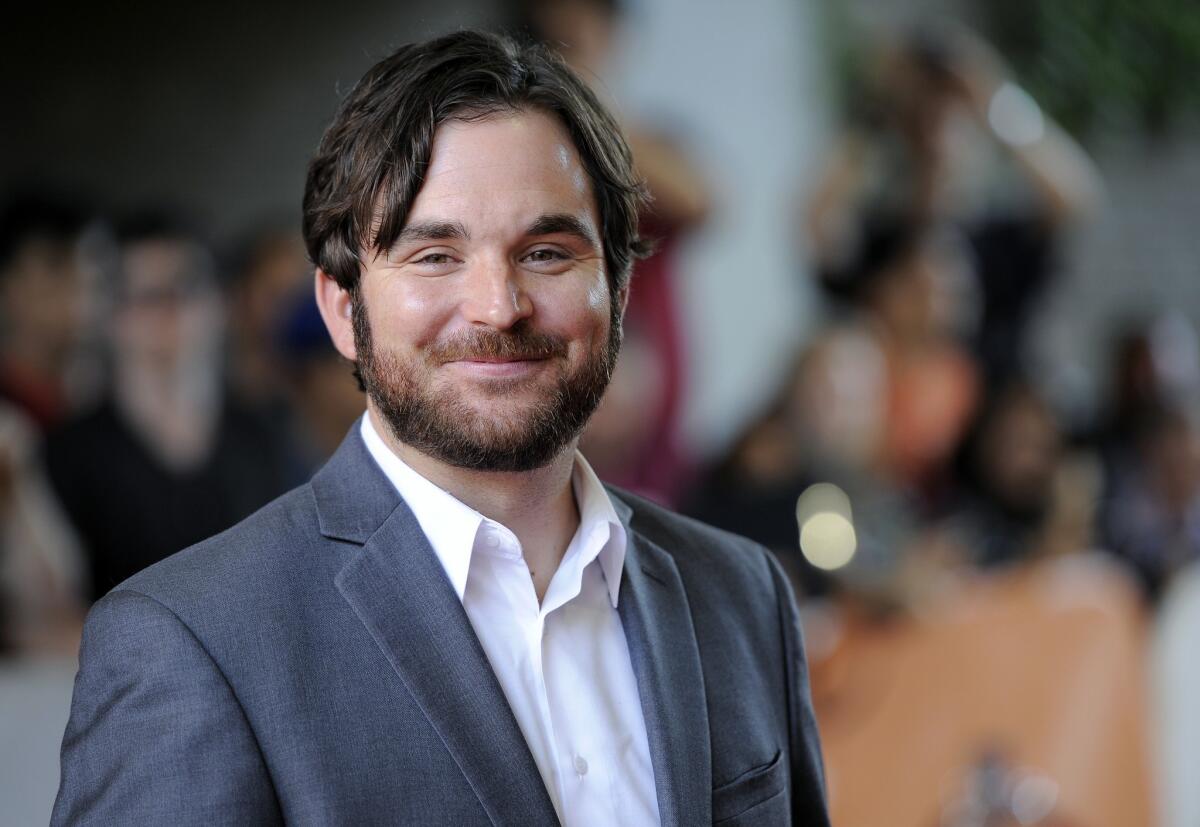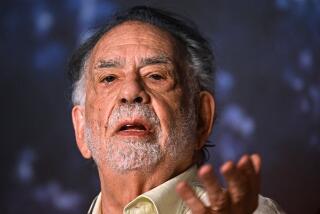David Foster Wallace movie: Can it overcome family objections?

Authorized biopics are rarely the most juicy or revealing films. But what happens in the opposite instance, when the family of your subject actively doesn’t want a movie and is willing and eager to share that sentiment with the world?
That’s the situation that James Ponsoldt’s “The End of the Tour,” a look at the late acclaimed writer David Foster Wallace starring Jason Segel, finds itself in. Ponsoldt’s movie, based on reporting from magazine writer and novelist David Lipsky, recently finished shooting and is about to enter the editing room. But a statement from Wallace’s family makes it clear they aren’t happy with any of that.
The estate’s objection, the statement said, is that family members were not brought into the process and that Lipsky’s material was never intended nor approved for film adaptation.
RELATED: David Foster Wallace’s estate comes out against ‘The End of the Tour’
“The David Foster Wallace Literary Trust, David’s family, and David’s longtime publisher Little, Brown and Company wish to make it clear that they have no connection with, and neither endorse nor support ‘The End of the Tour,’” the family said in a statement Monday. “This motion picture is loosely based on transcripts from an interview David consented to eighteen years ago for a magazine article about the publication of his novel, ‘Infinite Jest.’ That article was never published and David would never have agreed that those saved transcripts could later be repurposed as the basis of a movie.”
It continued: “The Trust was given no advance notice that this production was underway and, in fact, first heard of it when it was publicly announced.” It added that “there is no circumstance under which the David Foster Wallace Literary Trust would have consented to the adaptation of this interview into a motion picture, and we do not consider it an homage.”
Lipsky indeed accompanied Wallace on the book tour for his masterwork, the 1996 epic “Jest,” as an assignment for Rolling Stone at the dawn of Wallace’s popularity. The magazine opted not to publish the story back then, but the material did become a Rolling Stone article after Wallace committed suicide in 2008, as well as a book titled “Although of Course You End Up Becoming Yourself.”
PHOTOS: 25 young adult novels turned into films
There is some precedent for posthumous Wallace work making its way into the public. The author’s unfinished novel “The Pale King” was compiled by Little, Brown editor Michael Pietsch and then published to wide acclaim and sales after Wallace’s death. That was done with the blessing of the family, however, and also didn’t seek to depict the writer himself.
Wallace lived a complicated life as he struggled with mental health issues even as he created era-defining fiction and nonfiction, including postmodern novels and short stories that earned him millions of fans.
The issues around the film pose a larger philosophical question about who gets to shape the memory of a public figure. More specifically, it creates headlines around and a potential problem for a movie that would otherwise gain public and distributor interest.
In fact, the family suggested that it had wanted to “prevent” the movie from ever being shot and said it will “continue to review its legal options with respect to any commercial exploitation of the motion picture” -- an effort that could deter a U.S. distributor from acquiring the independent project.
PHOTOS: Behind the scenes of movies and TV
That said, it’s notable that, unlike some other unauthorized biopics, this is hardly a small-time effort: It stars not only Segel as Wallace but Jesse Eisenberg as Lipsky, is directed by the man who made “The Spectacular Now” and is produced by Hollywood mainstay Anonymous Content.
Wallace is beloved by millions for his dynamic, digressive prose, which often involves riffs and footnotes that only loosely flow from the main narrative.
His ride in Hollywood, perhaps not uncoincidentally, has been rockier than his literary one: Though hailed as a masterpiece, “Infinite Jest” has eluded movie adaptation, while a rare film translation of Wallace’a work, John Krasinski’s take on the short-story collection “Brief Interviews With Hideous Men,” was a lightly seen affair.
Ponsoldt is a talented, sensitive director, which makes one think that he’s going to make a talent-filled, sensitive film. Still, it’s not clear how that effort can be clouded when many people close to the person you’re making a film about don’t want you to make it.
ALSO:
Quentin Tarantino ‘Hateful Eight’ reading a hit; will movie follow?
Danny Boyle in talks for Steve Jobs movie, possibly with DiCaprio
Oscars: Academy brings back Craig Zadan, Neil Meron as producers
More to Read
Only good movies
Get the Indie Focus newsletter, Mark Olsen's weekly guide to the world of cinema.
You may occasionally receive promotional content from the Los Angeles Times.











